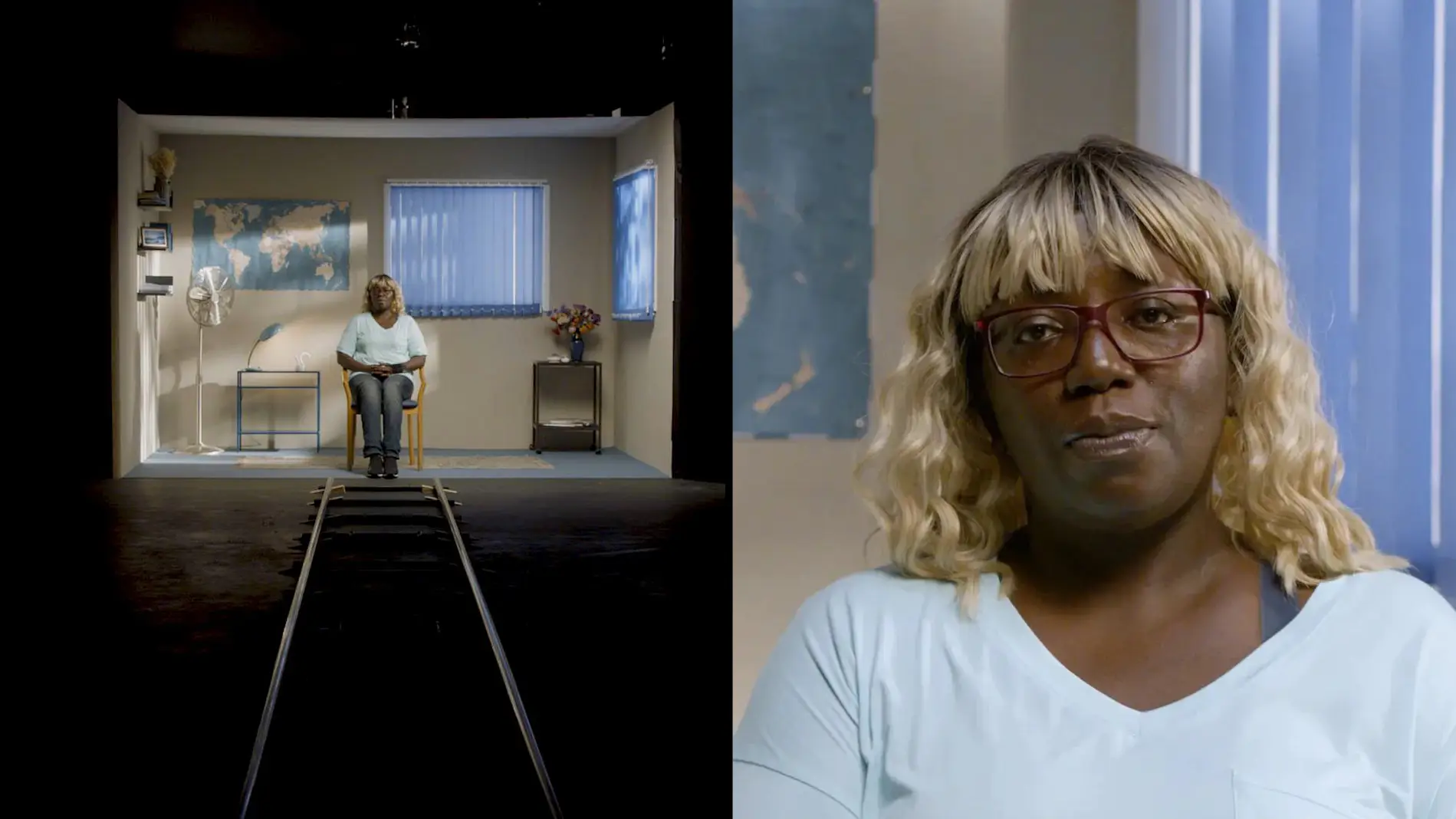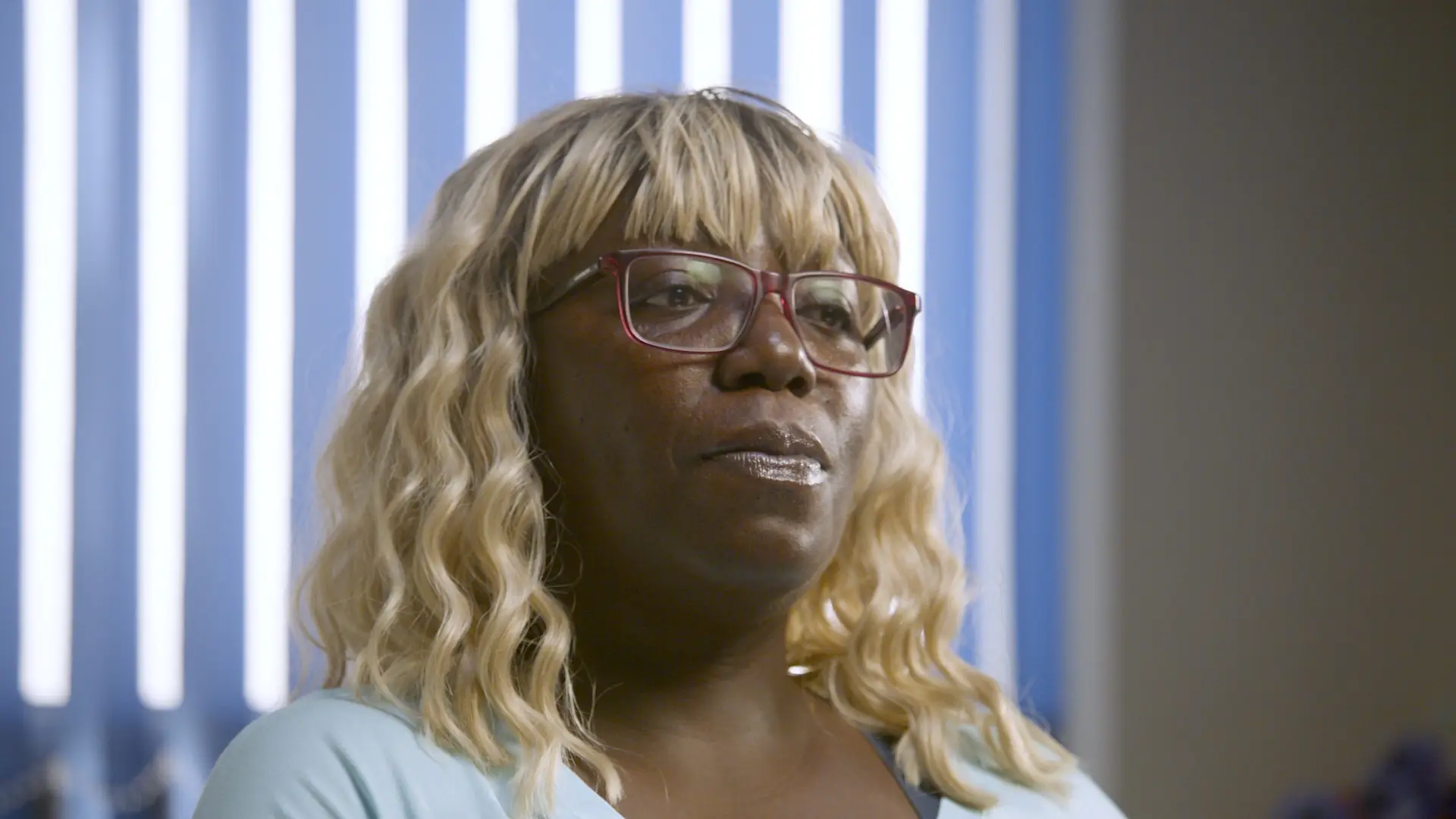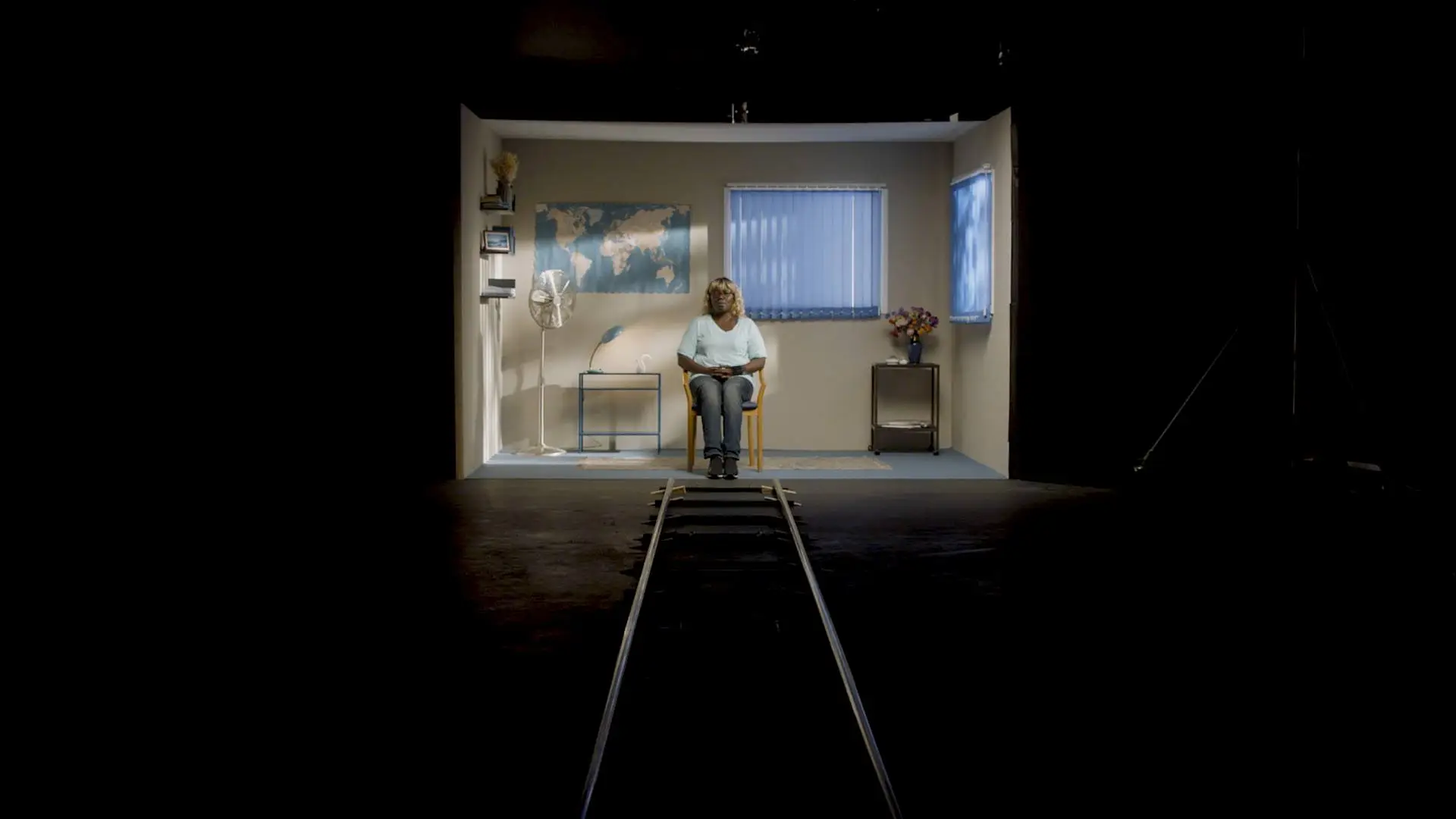
When we think about immigration detention, it can often feel like something far removed from everyday life. For many, it's not something that even crosses our mind. But for some people, it’s an experience that comes out of the blue, and is one which will stay with them forever.
People held in immigration detention are normally going through the immigration system in some way. Many people detained have called the UK home for most or all of their lives, other people in detention include victims of torture, persecution, war and human trafficking who are seeking asylum.
Although the word “detention” makes it seem like the people there have done something wrong - and are being punished for it - immigration detention is not for punishment and nor is it for the protection of the public, it’s completely separate to the criminal justice system. The tragic reality is that life in detention is a punishment, although an undeserved one. A review from MPs in the Home Affairs Select Committee reported serious problems with almost every element of the immigration detention system
Detention is supposed to be used only in “exceptional circumstances” and for the shortest amount of time possible. However, there is currently no limit on the length of time someone can be held, meaning that people can be held for months or even years. People are held in detention centres when the UK Government wants to remove them from the country. The reality is most people are released back into the community, their detention having had no impact on their immigration case, but a hugely traumatic impact on their lives.
Advert

To understand the reality of life in detention, we spoke to someone with lived experience of the immigration detention system. Daisy*, a child victim of modern day slavery, was stopped at the airport after returning from holiday and told that her British passport had been cancelled. She was then taken to an immigration detention centre, threatened with deportation to various countries that she had no connection with, including Nigeria, Australia and USA.
Around 24,000 people are detained in the UK every year. Separated from their families and communities, people are left traumatised by the experience; some never fully recover. The indefinite nature of detention means that people can only count the days, never knowing when they may return back to their communities. Daisy was held in immigration detention for more than 750 days, with no idea when she would be allowed to return to the community.
Daisy often passed the time by folding origami, which she learned from two others who were also in detention. She used sheets of paperwork that were sent to her by the UK Government every 28 days when her detention was reviewed. Daisy took that paper and turned it into a silent protest.
‘I would fold and fold and fold and fold and fold and create origami. I became an expert … You may say it was a way of me silently protesting my detention in my own way … but it was somewhat therapeutic and sad at the same time because I knew I would get some more paper every 28 days.’ Eventually, Daisy managed to find a lawyer to represent her. She applied for bail on Daisy's behalf but this was rejected.
Many living in immigration detention struggle to find any legal representation, and when they do, there are concerns over the quality of advice and support provided. Research by the charity Bail for Immigration Detainees found that only 64% of those surveyed had legal representation and only 43% of those who had a solicitor said that bail had been applied for on their behalf. Many complained about the duty solicitors’ lack of knowledge and willingness to help, and others didn’t even bother to make an appointment after being told by others in detention that it was a waste of time.
In the detention centre, Daisy was bullied and humiliated by staff who told her that detention was her fault and it could all end if she just cooperated. By which, they meant leaving the UK. However, for Daisy, there was nothing to cooperate with. The complex nature of her case meant that Daisy became ‘stateless’ - a person not recognised as a citizen of any country. After fighting for many years, she was released on bail in 2013 and continues to fight her case to this day. However, the trauma of detention didn’t simply go away when she walked out of the doors.

Like many of the thousands held in UK immigration detention each year, Daisy has never recovered from the traumatic experience of being detained. Being held for an indefinite period of time is proven to be detrimental for mental health, with many suffering serious health problems or experiencing suicide attempts and self-harm. In 2018, the Guardian reported that there had tragically been a 22% rise in the number of people who tried to kill themselves in ‘inhumane’ detention.
A recent review of several studies found that 76% of people in detention had mental health disorders, with 26% meeting the criteria for serious mental illness within just four days of admission. It also found that symptoms of depression, anxiety and PTSD last well beyond the detention period.
For Daisy, everything reminds her of detention. People shouting, keys jangling, even eating rice took her back to that time. She told us that she can still smell the fear. Daisy has made two suicide attempts, once while she was detained and once after she was released. After the second time, when she was rushed to hospital she told doctors: "Don't save my life. It's not worth it. I'm suffering too much already."
Daisy has spent the last nine years fighting for justice with the aid of various charities, building her case to prove her right to remain. She is currently living in London but is regularly moved at short notice. She has few possessions and no family ties.
Daisy said, ‘Detention took away my dignity, my personal security, my home, my belongings, everything that I had. My dreams, my hopes, my aspirations. They've taken everything away. There was nothing else to take, but to take my soul.’
So, what are the alternatives to this current inhumane system? Successful, compassionate pilot projects for community-based alternatives to detention do already exist.
As part of their guiding principles to advance equality, opportunity and justice for marginalised communities across the globe, Ben and Jerry’s are calling for an immigration system rooted in fairness and compassion. They’ve teamed up with experts at Detention Action and Allies for Justice to campaign for an end to inhumane detention.
Detention Action is a human rights organisation that fights for people held in immigration detention, people facing unjust deportation, and people seeking refugee protection in the UK. They work on the frontline, campaigning to end these human rights abuses, providing direct casework support to people held in detention centres, and running a community-based alternative to detention project.
Allies for Justice is a campaign group for people with lived experience of navigating the UK’s asylum system, immigration detention and deportation system. They believe in a humane, fair and just immigration and asylum system and they work to challenge the UK’s cruel immigration detention policies, the broken asylum system and unjust deportation policies.
Together, Ben and Jerry's, Allies for Justice and Detention Action are calling for an end to inhumane detention. People going through the immigration process should be treated with dignity, humanity and respect throughout the entire process. And there are steps our Government can take right now such as a strict 28-day limit on how long people can be detained as well as the expansion of community-based alternatives.
If you’d like to show your support of ending inhumane immigration detention, sign the petition here.
*Names have been changed to protect individual identities.
Topics: UK News
